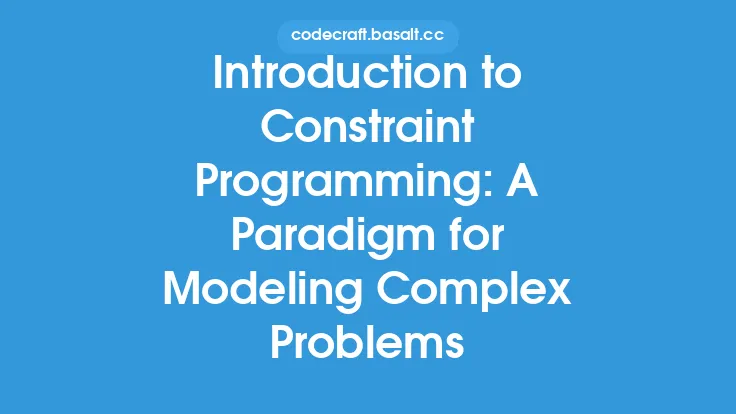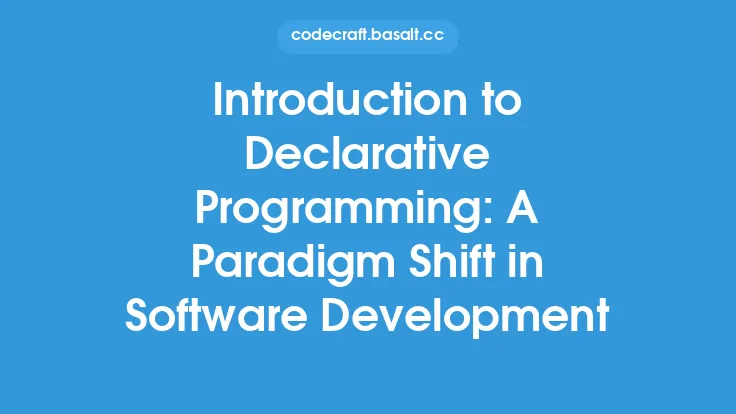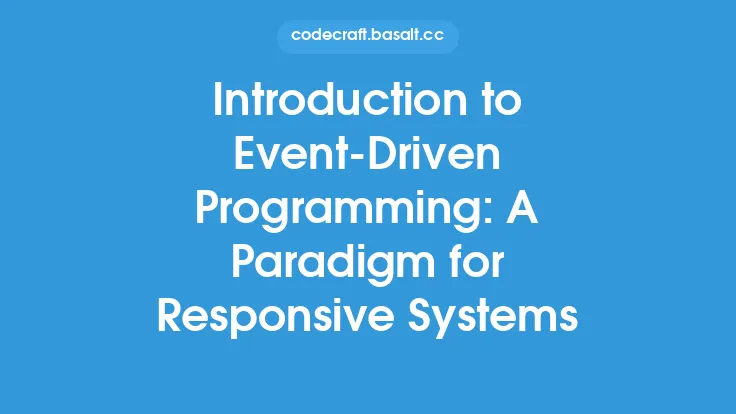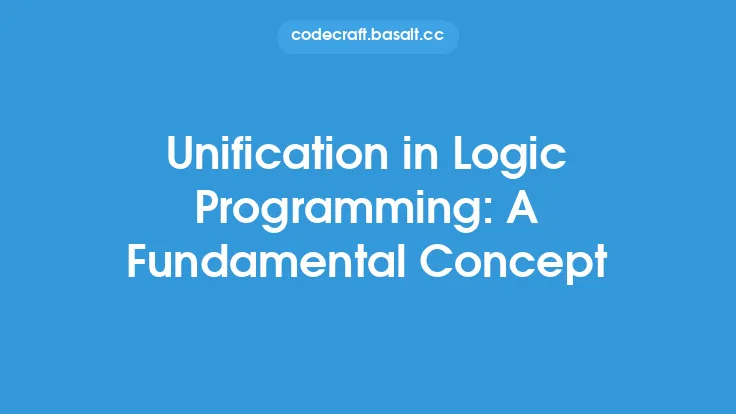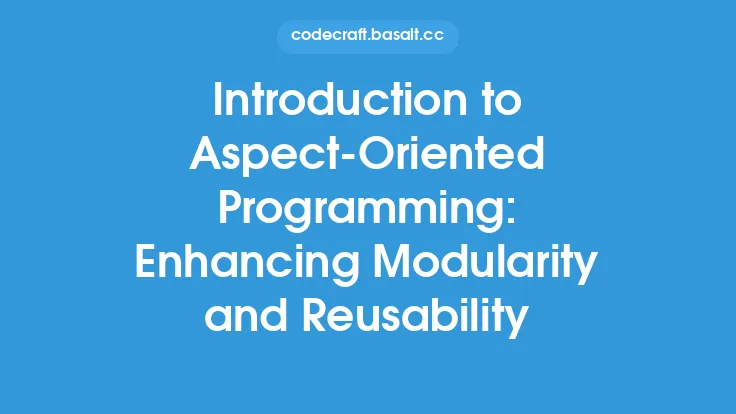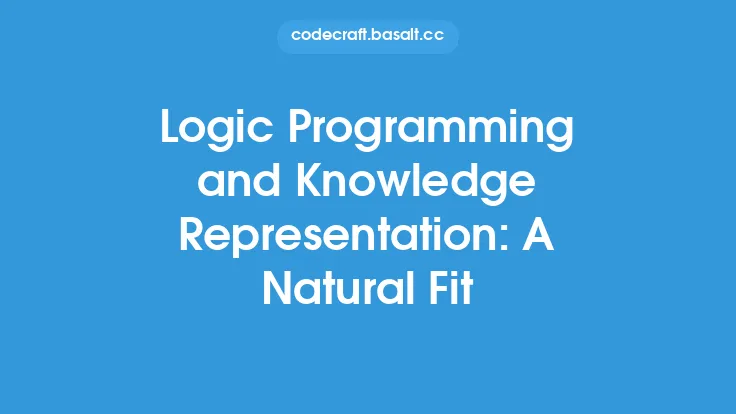Logic programming is a programming paradigm that is based on formal logic. It is a unique approach to programming that is centered around the concept of logical statements and rules, rather than the traditional imperative programming approach of specifying steps that a computer should take to accomplish a task. In logic programming, the focus is on specifying what the program should accomplish, rather than how it should accomplish it.
History of Logic Programming
The history of logic programming dates back to the 1960s, when the first logic programming languages were developed. The most influential of these early languages was Prolog, which was developed in the 1970s by a team of researchers in France. Prolog is still widely used today and is considered one of the most popular logic programming languages. Over the years, other logic programming languages have been developed, including Mercury and ECLiPSe, but Prolog remains the most widely used and influential.
Key Concepts
Logic programming is based on several key concepts, including terms, rules, and queries. Terms are the basic building blocks of logic programming and can be thought of as simple statements or facts. Rules, on the other hand, are used to specify how terms can be combined to form more complex statements. Queries are used to ask questions about the terms and rules in a program and to retrieve specific information. Logic programming also relies heavily on the concept of unification, which is the process of matching terms and rules to determine whether they are compatible.
Programming Paradigm
Logic programming is a declarative programming paradigm, which means that the focus is on specifying what the program should accomplish, rather than how it should accomplish it. This is in contrast to imperative programming languages, such as C or Java, which specify the steps that a computer should take to accomplish a task. In logic programming, the programmer specifies the rules and terms that define the problem, and the computer uses these rules and terms to find a solution. This approach can be very powerful and flexible, as it allows the programmer to focus on the logic of the problem, rather than the details of how to implement it.
Advantages
Logic programming has several advantages over other programming paradigms. One of the main advantages is that it allows for very flexible and dynamic programming. Because the focus is on specifying what the program should accomplish, rather than how it should accomplish it, logic programming languages can often be used to solve complex problems in a very concise and elegant way. Additionally, logic programming languages are often very good at handling incomplete or uncertain information, which can be a major advantage in many real-world applications.
Applications
Logic programming has a wide range of applications, from artificial intelligence and expert systems to database query languages and natural language processing. One of the most classic applications of logic programming is in the development of expert systems, which are computer programs that mimic the decision-making abilities of a human expert in a particular field. Logic programming is also widely used in artificial intelligence, where it is used to represent knowledge and reason about complex problems. Additionally, logic programming languages are often used in database query languages, such as SQL, to specify complex queries and retrieve specific information.
Comparison to Other Paradigms
Logic programming is often compared to other programming paradigms, such as functional programming and object-oriented programming. Functional programming is a paradigm that is based on the use of pure functions, which are functions that have no side effects and always return the same output given the same inputs. Object-oriented programming, on the other hand, is a paradigm that is based on the use of objects, which are instances of classes that encapsulate data and behavior. Logic programming is distinct from these paradigms, as it is based on the use of logical statements and rules, rather than functions or objects.
Conclusion
In conclusion, logic programming is a unique and powerful programming paradigm that is based on formal logic. It has a wide range of applications, from artificial intelligence and expert systems to database query languages and natural language processing. Logic programming is a declarative paradigm, which means that the focus is on specifying what the program should accomplish, rather than how it should accomplish it. This approach can be very flexible and dynamic, and allows the programmer to focus on the logic of the problem, rather than the details of how to implement it. As a result, logic programming remains an important and influential programming paradigm, with a wide range of applications and a dedicated community of researchers and practitioners.
